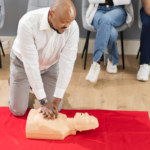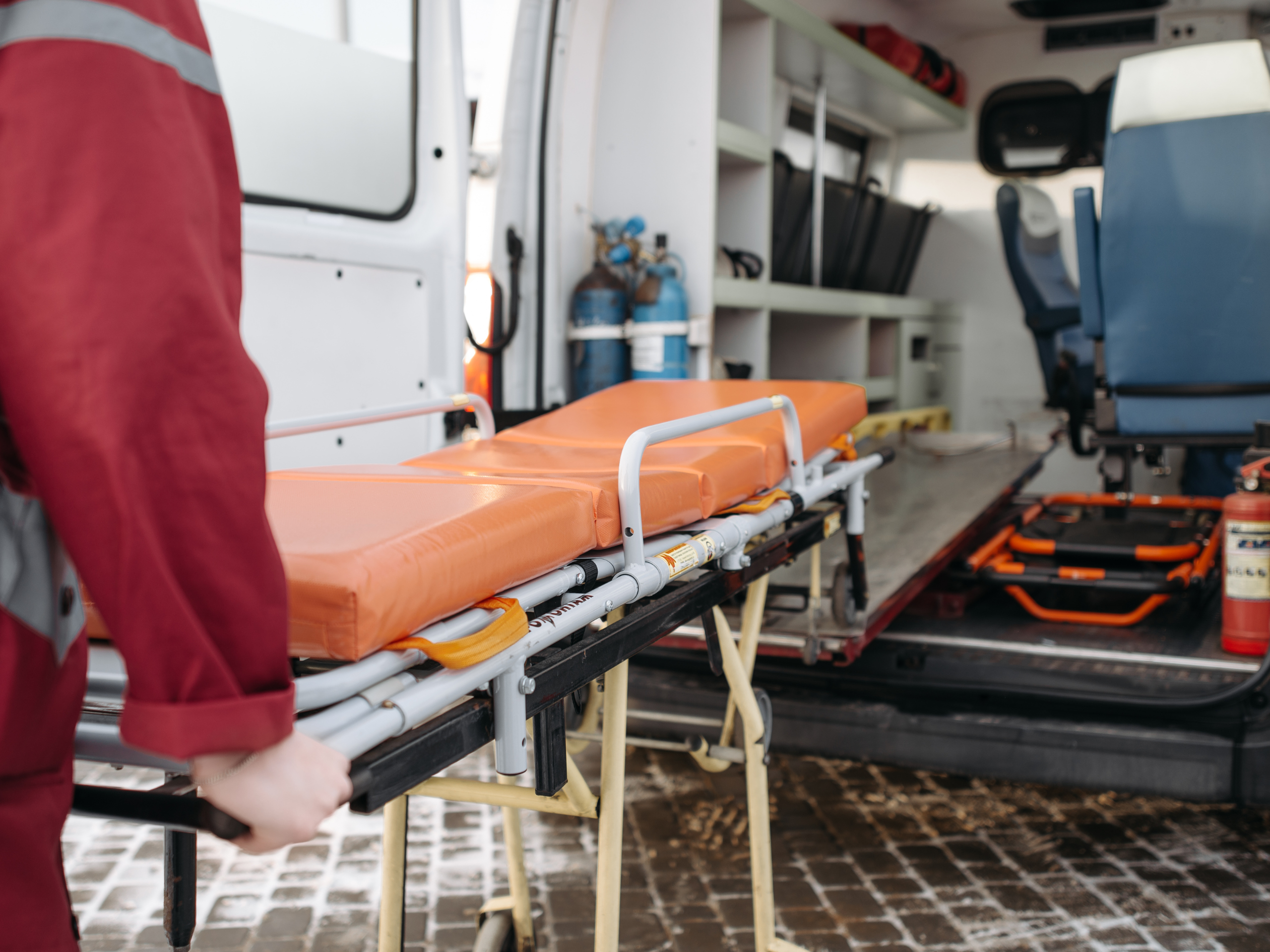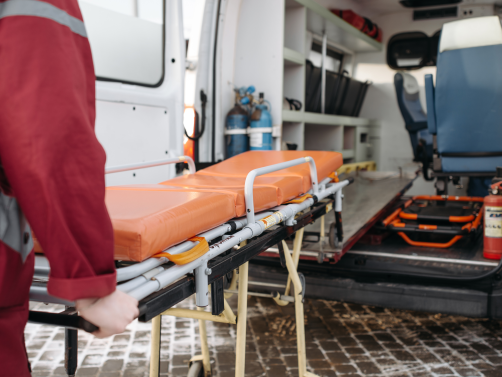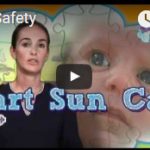In an emergency, every second counts — but knowing when to call for help can make all the difference. Whether it’s a medical crisis, accident, or unexpected health scare, many people hesitate or second-guess themselves in the moment. That delay can be dangerous. The truth is, it’s better to call and be wrong than not call and risk someone’s life. Emergency services are trained to assess and respond to these situations. Here’s how to know when it’s time to make that critical call.
1. The person is unconscious or unresponsive.
If someone suddenly collapses, is not waking up, or becomes unresponsive, call emergency services immediately. This could be cardiac arrest, stroke, or another life-threatening event.
2. The person is having trouble breathing or not breathing at all.
Any form of difficulty breathing — gasping, wheezing, shallow breaths, or complete loss of breath — requires urgent attention. Don’t wait to see if it passes.
3. There is severe bleeding that won’t stop.
If someone is bleeding heavily and pressure isn’t helping, or blood is spurting from a wound, call for help right away. Rapid blood loss can lead to shock and death if untreated.
4. Chest pain, tightness, or pressure.
These are classic symptoms of a heart attack. If someone complains of chest pain that doesn’t go away quickly or spreads to the arms, neck, or jaw, don’t hesitate — call emergency services.
5. Seizure or sudden loss of control.
Place the person in the recovery position to keep their airway open in case they haven’t regained consciousness. Call for help and continue to monitor their breathing.
6. Signs of a stroke.
Use the FAST method:
F – Face drooping
A – Arm weakness
S – Speech slurred
T – Time to call emergency services
Acting quickly can drastically improve recovery outcomes.
7. Drowning, near-drowning, or choking.
These are all critical situations where quick intervention and medical response are essential. Even if the person seems okay after, they should be evaluated by professionals.
8. Accidents involving major trauma.
Car accidents, falls from height, or injuries with visible broken bones, head trauma, or unconsciousness all require emergency medical evaluation.
9. Sudden confusion, strange behavior, or altered mental state.
This could be caused by stroke, head injury, or even severe infection. If someone suddenly seems “off,” disoriented, or irrational, call for help.
10. Your gut tells you something’s wrong.
Trust your instincts. If a situation feels serious, it probably is. Emergency responders would always rather be called unnecessarily than arrive too late. Being prepared means knowing not just what to do in an emergency — but when to call in the professionals. The quicker you take action, the better the chance of survival and recovery.
Know Who to Call! Get the Emergency Numbers You Need.

Adult CPR & First Aid Course
Adult CPR & First Aid Course Our CPR and First Aid Course will provide you with Adult CPR and standard first aid information to meet all the requirements for certification. You will learn the appropriate skills and techniques to handle a variety of situations, from unresponsive victims to serious wounds.

CPR for Professionals Course
The Resuscitation Council CPR for Professionals Course is designed for medical professionals (physiotherapists, chiropractors, homeopaths, doctors, nurses, dentists, pharmacists etc), who are registered with the Health Professions Council of South Africa. Members of the public are also allowed to attend this course. Medical professionals who need to learn or stay

Basic Life Support Course
Basic Life Support Course This American Heart Association Course is designed for medical professionals (physiotherapists, chiropractors, homeopaths, doctors, nurses, dentists, pharmacists etc), who are registered with the Health Professions Council of South Africa. Members of the public are also allowed to attend this course. UPCOMING COURSE DATES advanced life support
Burns: do you know the different types & how to treat them?
With National Burn Awareness Week (6-12 May) still top of mind, as well as the knowledge that as we approach winter our children will be increasingly exposed to heating appliances and fires, we asked Sr. Catherine Rodwell from Survival CPR to break down the different types of burns and explain

Caregiver Refresher Course
Caregiver Refresher Course Our Survival® Caregiver Refresher Course is specifically designed to enhance and update the skills of qualified Caregivers already working within the Caregiving field. This course is not a replacement for our full Survival® Caregiver Course but aims to build upon a Caregiver’s existing knowledge and to ensure





